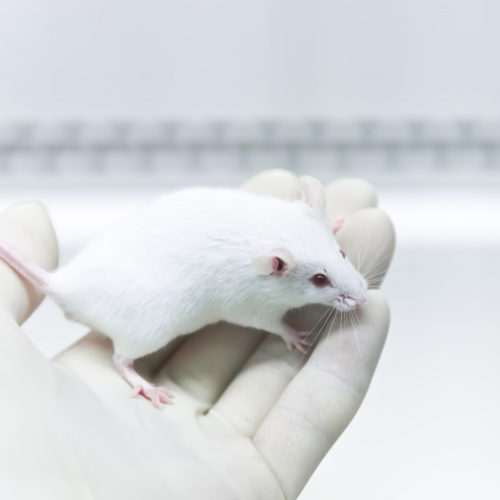This post was originally published on this site There is a popular maxim that reads, “Things often get worse before they get better.” It’s one applied to various scenarios in life, but for those of us going through treatment for cancer, it means getting sicker in order to finally get better. This applies especially to…
Category: <span>Blog</span>
Antibody-Drug Conjugate Shows Efficacy in Heavily Treated Cancers
This post was originally published on this site An investigational antibody-drug conjugate made of the HER2-targeting antibody trastuzumab (marketed as Herceptin and others) attached to a kind of chemotherapy compound has demonstrated notable efficacy in heavily treated patients with breast and other cancer types, a Phase 1 trial showed. “Trastuzumab duocarmazine in locally advanced and…
Having Close Relatives With Alzheimer’s is Linked to Worse Memory, Study Says
This post was originally published on this site Having close relatives with Alzheimer’s disease is linked to poorer memory, a new study has found. The study, titled “Family history of Alzheimer’s disease alters cognition and is modified by medical and genetic factors,” was published in eLIFE. Having a family history of Alzheimer’s disease and dementia…
Zejula Maintenance Therapy Extends Progression-free Survival in Advanced Ovarian Cancer Patients, Phase 3 Trial Shows
This post was originally published on this site Maintenance treatment with Zejula (niraparib) extended the time without disease worsening in women with advanced ovarian cancer who had responded to first-line chemotherapy, according to updated results of a Phase 3 trial. The study, called PRIMA (NCT02655016), is a randomized, double-blind clinical trial assessing Zejula as a…
Sleep Apnea Drives Multiple Myeloma in Aggressive Way, Mice Study Finds
This post was originally published on this site Sleep apnea can drive the development of aggressive multiple myeloma in mice resistant to the cancer, a study found, suggesting that the sleep disorder is a modifiable risk factor for this disease. Treating sleep apnea, breathing that starts and stops repeatedly during sleep (also known as chronic intermittent…
Dine Out to Help Fight Ovarian and Other Cancers, SU2C and Mastercard Urge
This post was originally published on this site Foes while in opposing dugouts, two Major League Baseball (MLB) managers are teaming up with Mastercard and Stand Up To Cancer (SU2C) to battle malignancies such as ovarian cancer. Alex Cora and Dave Roberts, All-Star skippers of the Boston Red Sox and Los Angeles Dodgers, respectively, are uniting…
Affimed Trial Updates Support AFM13 Use for Certain CD30-positive Lymphomas
This post was originally published on this site Updated results from two clinical trials support the potential of AFM13, an investigational immunotherapy being developed by Affimed, in combination with Merck‘s Keytruda (pembrolizumab) for patients with Hodgkin’s lymphoma, or as a single agent for people with CD30-positive skin lymphomas who failed standard therapies. The data were…
Prophylactic anti-TNF Therapy Improves Safety of Immunotherapies, Mouse Study Says
This post was originally published on this site Prophylactic anti-TNF therapy improves the safety and, to some degree, the efficacy of checkpoint blockade combination immunotherapies, a mouse study says. The findings of the study, “Prophylactic TNF blockade uncouples efficacy and toxicity in dual CTLA-4 and PD-1 immunotherapy,” were published in Nature. Previous studies have shown…
Genomic Analysis Reveals Differences Between Cancer Cell Lines and Human Cancers
This post was originally published on this site New research using “big data” helps highlight the differences between breast cancer cell lines and actual patient samples. This could allow researchers to choose models that more accurately reflect what actually happens in people. The study, “Evaluating cell lines as models for metastatic breast cancer through integrative…
What to Do When Elderly Parents Deny They Have Alzheimer’s Disease
This post was originally published on this site An Alzheimer’s diagnosis is perhaps one of the most difficult to accept, and yet an estimated 50 million people around the globe have Alzheimer’s or related dementia. How many suffer from the disease but haven’t been diagnosed — or deny their diagnosis — is unclear. Described by…











